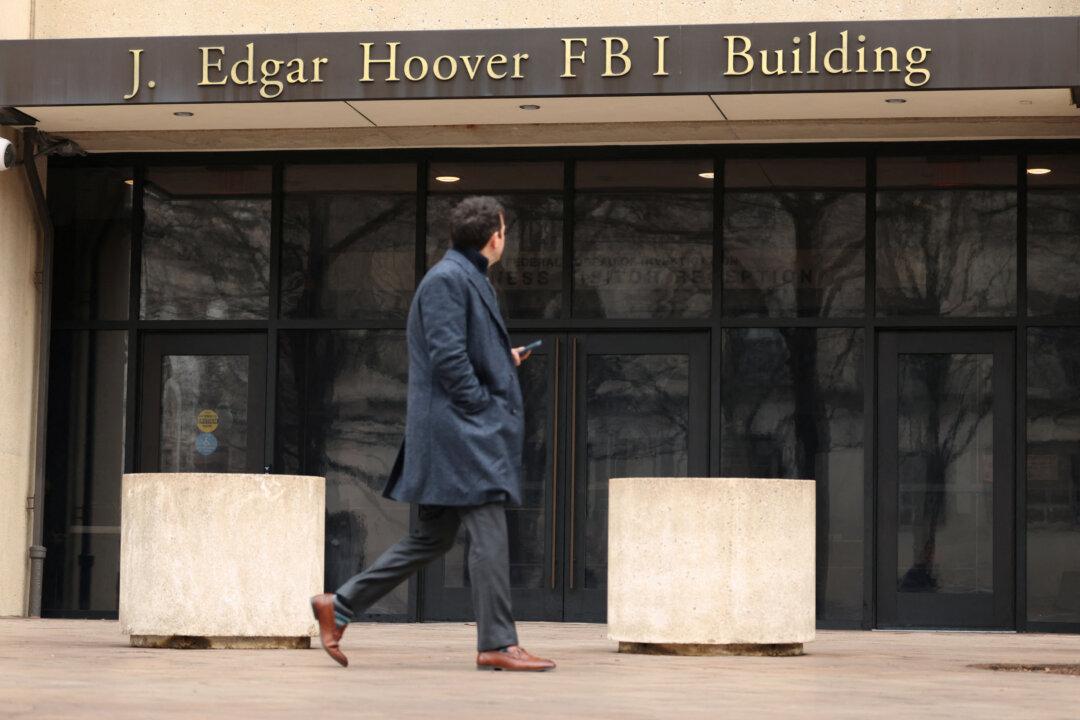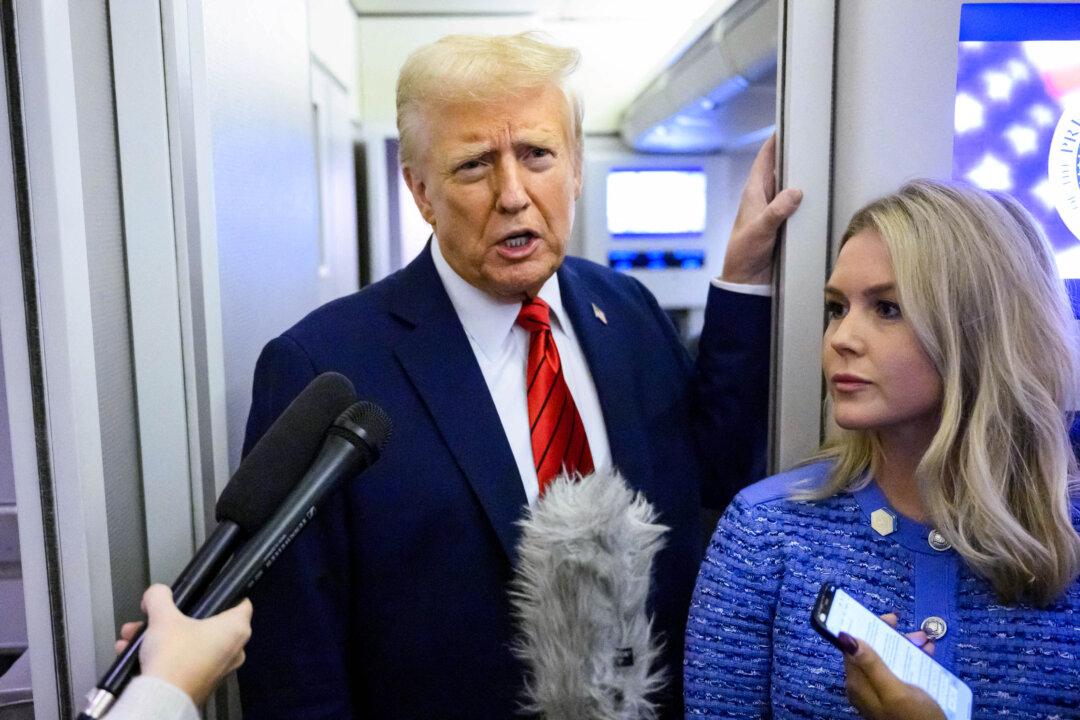The U.S. Supreme Court on June 12 revived a lawsuit that was filed by an Atlanta family whose home was wrongly raided by the FBI, meaning they will get another chance in court.
“All agree that the Federal Tort Claims Act (FTCA) permits some suits for wrong-house raids,” Gorsuch wrote. “But the scope of the Act’s permission is much less clear. This case poses two questions about the Act’s application: one concerning the FTCA’s sovereign-immunity waiver, and the other touching on the defenses the United States may assert.”
Gorsuch wrote that the FTCA, a federal statute that allows private parties to file lawsuits against the U.S. government in a federal court, might have waived the federal government’s right to sovereign immunity from being sued.
The predawn raid in 2017 involved an armed FBI SWAT team’s breaking down the front door of a home in Atlanta, setting off a flash-bang grenade, and later pointing guns at a couple before realizing they were in the wrong home, according to court papers submitted in the case. The bureau had believed their home belonged to an alleged gang member.
In the incident, the FBI team quickly apologized and left for the right place, with the team leader later saying that his personal GPS device had led him to the wrong address.
Later, Trina Martin and Toi Cliatt, the couple who owned the home, filed a lawsuit against the federal government, accusing the agents of assault and battery, false arrest, and other violations. But lower courts tossed out the case, known as Martin v. United States, No. 24-362.
The 11th U.S. Circuit Court of Appeals dismissed their case, finding that they couldn’t sue over what amounted to an honest mistake. The appeals court also found that the lawsuit was barred under the supremacy clause of the Constitution, which says federal laws take precedence over state laws.
The family’s lawyers appealed to the Supreme Court, arguing that Congress clearly allowed for lawsuits such as theirs after a pair of similar headline-making raids on the wrong houses in 1974. The 11th Circuit was also ruling differently from other courts around the country, they said.
According to the June 12 Supreme Court order, Martin and Cliatt still have to prove in court that the federal government was liable when the FBI wrongfully carried out the raid on their home. Previously, Martin and Cliatt were reimbursed for damages done to the home, but the current case involves a lawsuit they filed against the FBI for emotional distress as well as other claims.
“Where does all that leave the case before us? We can say this much: The plaintiffs’ intentional-tort claims survive their encounter with subsection (h) thanks to the law enforcement proviso, as the Eleventh Circuit recognized,” Gorsuch wrote in the high court’s opinion.
“But it remains for that court on remand to consider whether subsection (a)’s discretionary-function exception bars either the plaintiffs’ negligent or intentional-tort claims,” he added.
The discretionary-function exception is a provision under the Federal Tort Claims Act that blocks the government from liability on claims based on discretionary judgment used by government employees.
Later, Gorsuch noted that lower courts may have issued different opinions on the exception but suggested that there are unresolved questions on the circumstances.
“But those questions lie well beyond the two we granted certiorari to address,” Gorsuch said in the ruling. “And before addressing them, we would benefit from the Eleventh Circuit’s careful reexamination of this case in the first instance. It is work enough for the day to answer the questions we took this case to resolve, clear away the two faulty assumptions on which that court has relied in the past and redirect it to the proper inquiry.”
A concurring opinion was issued by Justice Sonia Sotomayor, who noted that the FBI agent who led the raid engaged in “allegedly negligent” actions, including using a personal GPS and “his failure to check the street sign or house number on the mailbox before breaking down Martin’s door.” She said that his actions suggested that he did not engage in discretionary judgment and that the lawsuit should be revived.







